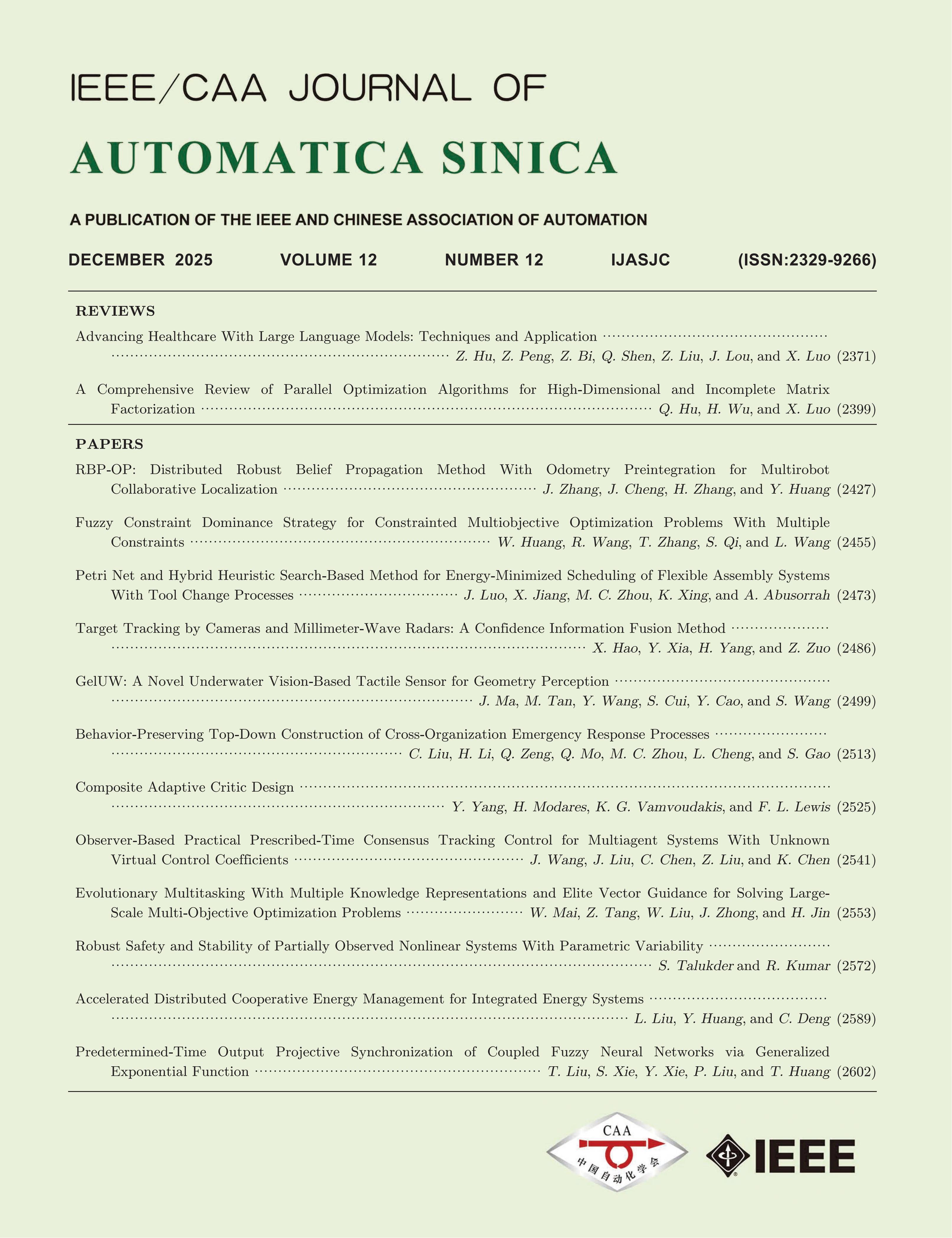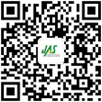Vol. 1, No. 2, 2014
Display Method:
2014, 1(2): 113-126.
Abstract:
2014, 1(2): 127-133.
Abstract:
2014, 1(2): 134-140.
Abstract:
2014, 1(2): 141-148.
Abstract:
2014, 1(2): 149-154.
Abstract:
2014, 1(2): 155-161.
Abstract:
2014, 1(2): 162-170.
Abstract:
2014, 1(2): 171-179.
Abstract:
2014, 1(2): 180-186.
Abstract:
2014, 1(2): 187-192.
Abstract:
2014, 1(2): 193-203.
Abstract:
2014, 1(2): 204-209.
Abstract:
2014, 1(2): 210-217.
Abstract:
2014, 1(2): 218-224.
Abstract:


 E-mail Alert
E-mail Alert


